Associate Editors

S Anandavalli (she, her, hers), PhD, NCC, LPC (I), CCTP, is an award-winning, nationally recognized trauma-informed mental health counselor and counselor educator. She is the owner and founder of Soulfulness Counseling, LLC, a private practice dedicated to serving women who have been exposed to early childhood trauma. An expert on minority women’s mental health needs, she has served as a consultant and speaker for several nonprofits and Oregon state government agencies. She is a leader and change agent within the counseling profession and has spearheaded several grant-funded research initiatives which have been published in top-tier peer-reviewed counseling and allied journals. A former tenure-track assistant professor, she currently adjuncts for several accredited counseling programs.
Robin DuFresne (she, her, hers), PhD, NCC, ACS, LPCC-S, is a graduate of the Counselor Education and Supervision program at the University of Toledo. She is currently an assistant professor of graduate counseling and the field coordinator at Heidelberg University in Tiffin, Ohio. Dr. DuFresne also owns a small practice focusing on supervision of dependently licensed counselors. Her clinical experience has focused on working with individuals with severe and persistent mental illness in the community mental health setting as well as working with individuals diagnosed with developmental disabilities. Dr. DuFresne has served the counseling profession at both the local and national levels. She has experience with both quantitative and qualitative research and has served as a peer reviewer for The Professional Counselor since 2018.
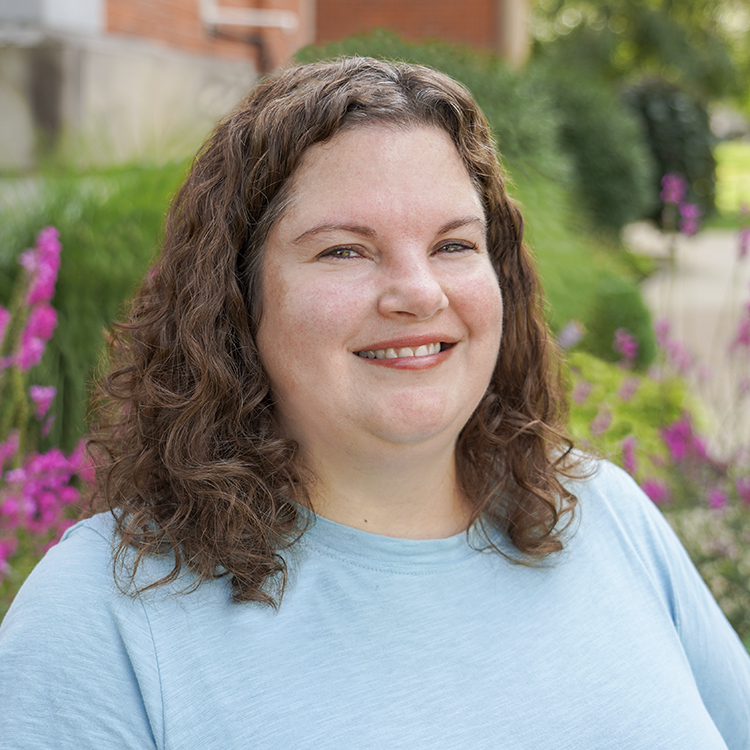
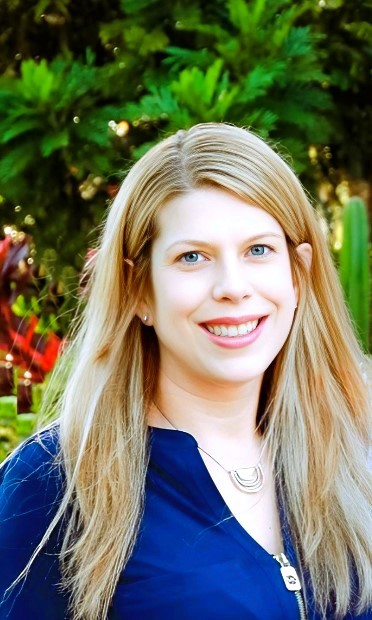
Kelly Emelianchik-Key (she, her, hers), PhD, NCC, ACS, LMHC-QS, LMFT, is an associate professor of clinical mental health counseling at Florida Atlantic University. She received her doctorate in counselor education and supervision from Old Dominion University. Dr. Emelianchik-Key’s clinical and research background focuses on diversity, intimate partner violence, couples, issues of gender and sexuality, eating disorders, non-suicidal self-injury (NSSI) behaviors, testing and assessment, and counselor education and supervision. She has written multiple book chapters and peer-reviewed journal publications, and she has co-authored two textbooks. Some of Dr. Emelianchik-Key’s current and former leadership and service roles include serving as an editorial board member for numerous academic journals (including TPC); Chapter Faculty Advisor for Chi Sigma Iota, Beta Rho Chi Chapter; Treasurer for the Association of Counselor Education and Supervision (ACES; 2023–2026); and Emerging Leader Co-Chair (2022–2025) and a past Treasurer for the Association of Assessment in Research and Counseling (AARC). Dr. Emelianchik-Key has previously won several prestigious national and regional awards, including the Patricia Elmore Award from AARC, the Outstanding Teaching and Outstanding Supervision Awards from the Southern Association of Counselor Education and Supervision (SACES), and the Best Practices in Research Award from the American Counseling Association. Dr. Emelianchik-Key enjoys teaching and mentoring doctoral and master’s students as they work toward becoming professional counselors.
Alex Gantt-Howrey, PhD, NCC, LPC (ID), is an assistant professor in the Department of Counseling at Idaho State University. She holds a PhD in counselor education and supervision from Old Dominion University and is a licensed professional counselor in the state of Idaho. Her primary research interests are counselor preparation to assess and address clients’ social determinants of mental health needs, and cognitive complexity, including how counselors think about their clients. Dr. Gantt-Howrey is also committed to interdisciplinary research efforts to improve mental health access and outcomes in rural areas.
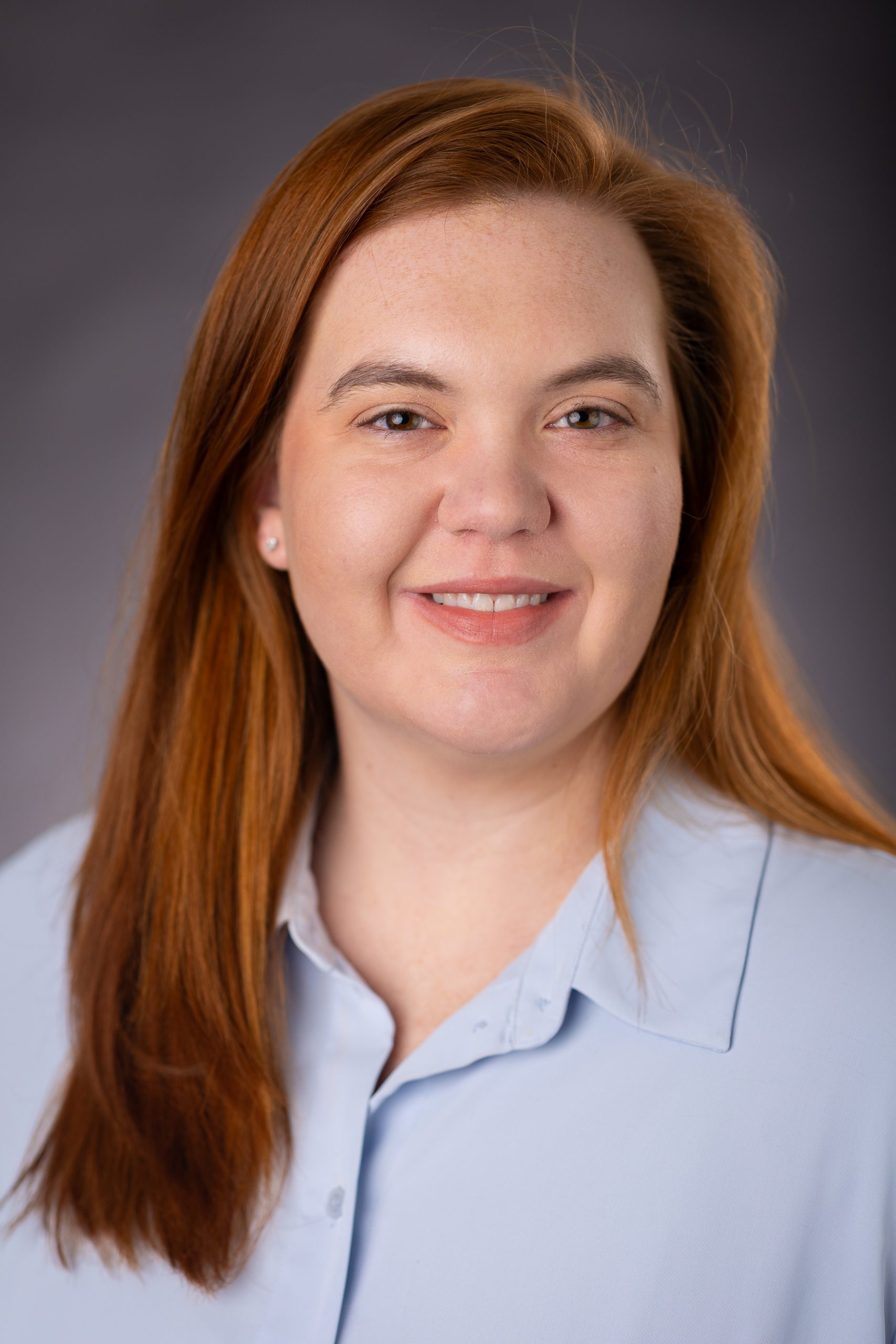
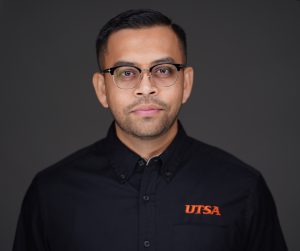
John J. S. Harrichand (he, him, his), PhD, NCC, CCMHC, ACS, CCTP, LMHC, LPC-S, is a Canadian of Chinese and East Indian ancestry, an immigrant to Canada and the son of immigrants, who was born and raised in Guyana, South America. He received his Hons BSc in psychology and integrative biology from the University of Toronto at Scarborough in Ontario, Canada; MA in counselling from Providence Theological Seminary in Otterburne, Manitoba, Canada; and CACREP-accredited PhD in counselor education and supervision from Liberty University in Lynchburg, Virginia. Dr. Harrichand is an assistant professor in the Department of Counseling at The University of Texas at San Antonio. His research uses qualitative and quantitative methodologies and spans three distinct areas: culturally responsive counseling practices for working with minoritized communities; counselor education and supervision; and counseling leadership and advocacy. Dr. Harrichand’s approach to research stems from his collective cultural frame, guiding him to shed light on the voices of historically underrepresented and systemically excluded minoritized communities. He recognizes his privilege as a scholar–practitioner and is humbled by the opportunity to meaningfully contribute, through scholarship, to counseling and mental health. His work has been published in top-tier peer-reviewed regional, national, and international counseling journals. Dr. Harrichand’s clinical experience as a professional counselor and supervisor involves working with community and college student populations. He is passionate about creating access to affordable mental health services and is actively involved in several professional counseling organizations at the state, regional, and national levels.
Mike Kalkbrenner, PhD, NCC, is a full professor of counseling and educational psychology at New Mexico State University. He received his doctorate in counselor education and supervision from Old Dominion University and his MS in mental health counseling from The College at Brockport, State University of New York. Dr. Kalkbrenner’s research agenda is centered on two major themes—psychometrics and college student mental health, and measurement and evaluation of dimensions of integrated mental and physical wellness. He has utilized quantitative, qualitative, and mixed-methods research paradigms, with an emphasis on quantitative methodology in psychometrics and other multivariate statistical analyses. Dr. Kalkbrenner’s teaching pedagogy is based on John Dewey’s theory of experiential learning and the flipped classroom in which the instructor is responsible for the learning environment and students are responsible for their own learning. Dr. Kalkbrenner has clinical experience providing counseling to a variety of populations in an array of different settings, including medical residents, veterans, college students, and children.
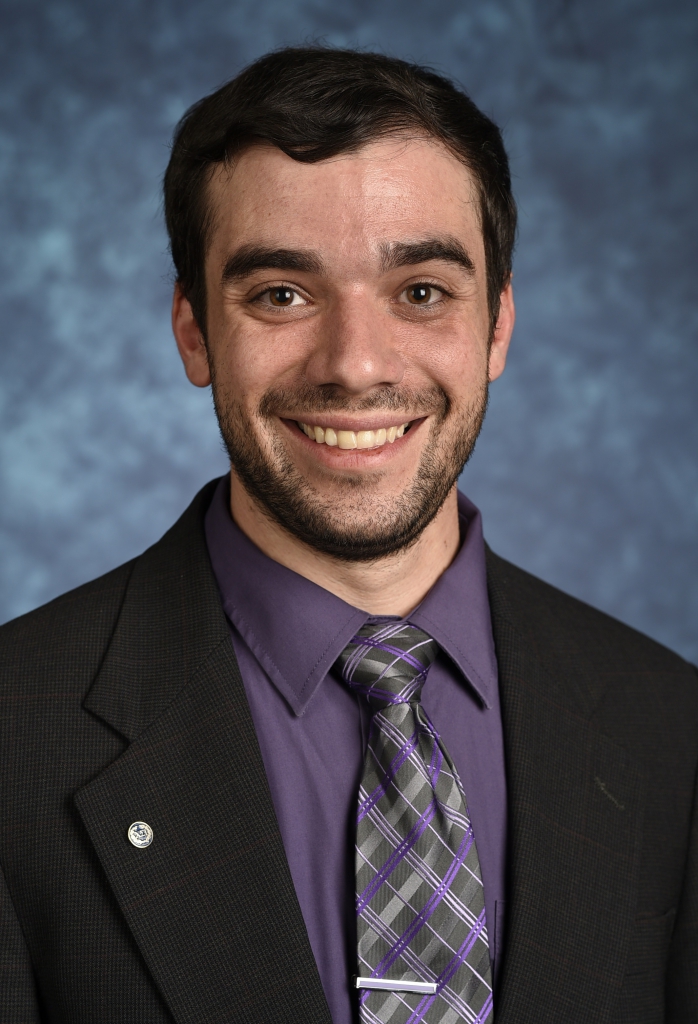
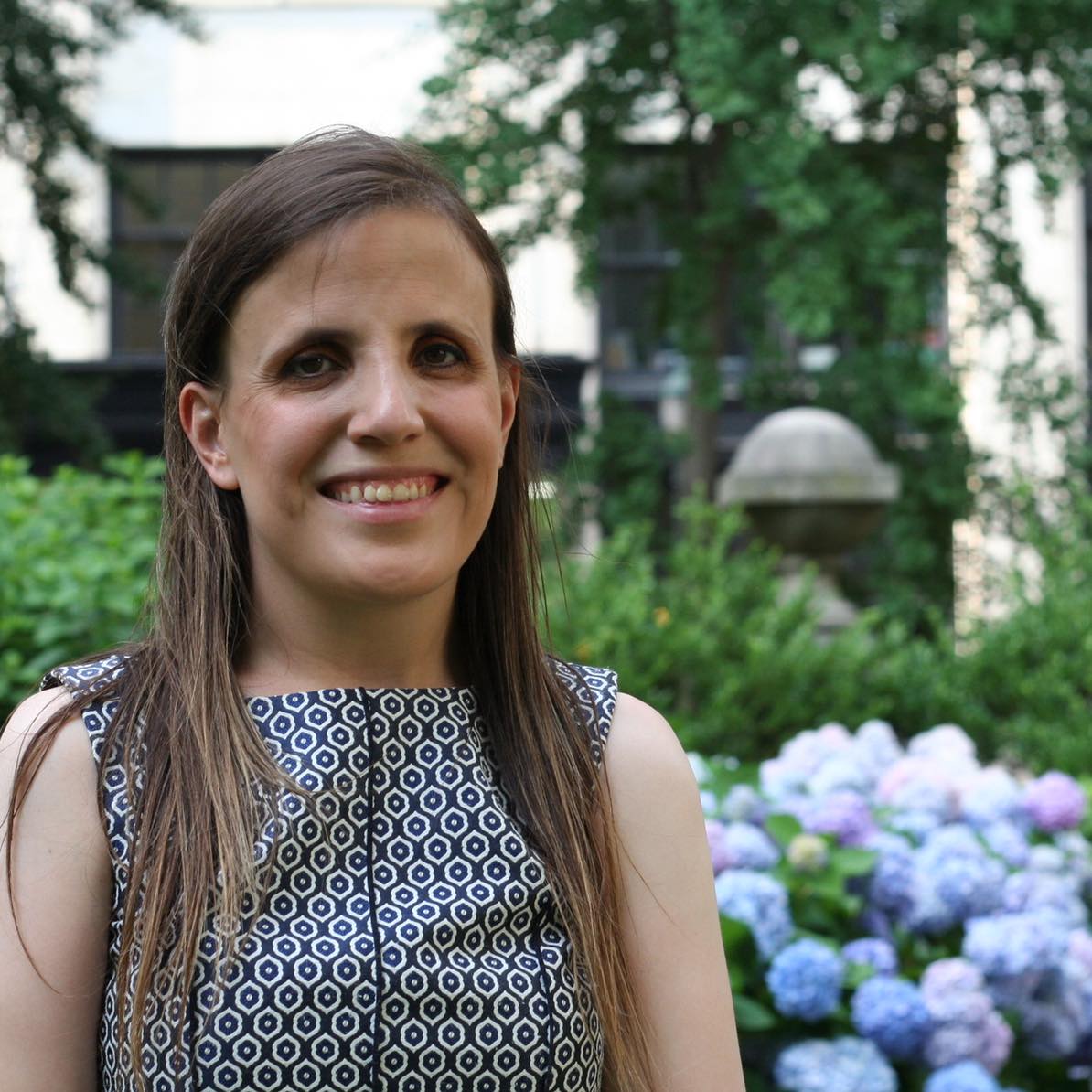
Katharine Sperandio, PhD, NCC, ACS, LPC, joined the clinical mental health counseling (CMHC) faculty as an assistant professor at Saint Joseph’s University in 2022. She is currently the CACREP-accreditation coordinator for the CMHC program. She completed her PhD in counselor education and supervision at William & Mary in 2019. Her work as a Licensed Professional Counselor (LPC) has granted her the opportunity to work with a variety of populations, including those living with addictions. Dr. Sperandio actively serves clients in the Philadelphia community, using her clinical experiences to inform her teaching and scholarship. The mission of her research agenda is to increase understanding on how to help those living with addiction promote and sustain their recovery and how to optimally support families who are impacted by addiction. She has also explored topic areas pertaining to supporting mental health and addictions counselors who are undergoing chronic stress. Dr. Sperandio also co-constructed the Multidimensional Cultural Humility Scale (MCHS) to assess levels of cultural humility among mental health and school counselors. She has worked with colleagues on multiple research projects to investigate how to support students in being more culturally responsive and trauma-informed in their clinical practice. Her scholarly work is published in a multitude of professional journals, including the Journal of Counseling & Development, Journal of LGBTQ Issues in Counseling, Journal of Mental Health Counseling, The Family Journal: Counseling and Therapy for Couples and Families, Measurement and Evaluation in Counseling and Development, and the Journal of Addictions and Offender Counseling. Dr. Sperandio regularly presents at a variety of national, regional, and state conferences and serves on the editorial review board for multiple professional journals, including the Journal of Counseling & Development, Counseling and Values, the Journal of Counselor Preparation and Supervision, and the Journal of Addictions and Offender Counseling.